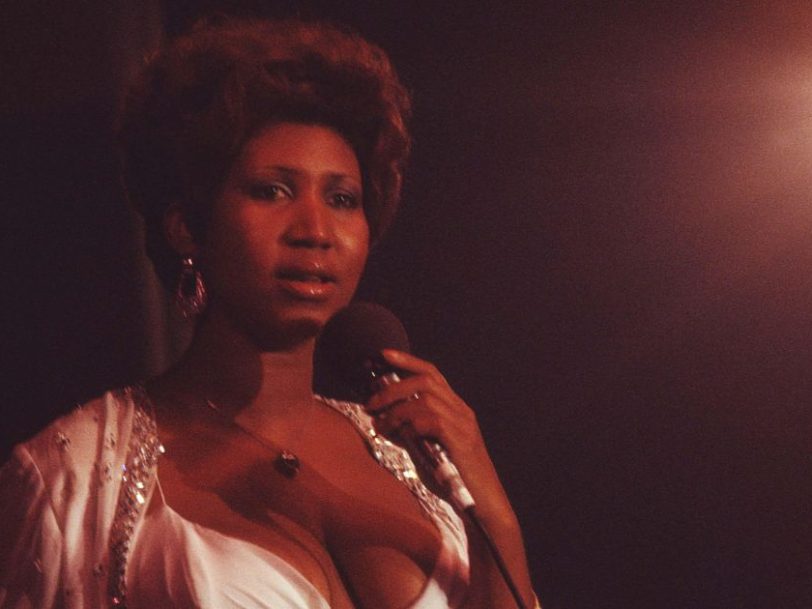Though Aretha Franklin is lauded for her barnstorming singles – the first released in 1956, when she was just 14 – she was fierce in her full-length releases, too. The best Aretha Franklin albums incorporate Black pride, heart-wrenching emotion and pop bliss, all delivered in that voice.
But however many genres the versatile Franklin travelled through, it is soul music that she will always be the monarch of. “I take this business of soul music seriously,” Franklin wrote in 1999, in her memoir, From These Roots. “A song, like a person, must have a soul.” Crowned with her “Queen Of Soul” title in 1968, Franklin had a profound understanding of the deep pain and transcendent joy found in the best soul songs. She may be singing pure gospel she may be purring carnalities over a funk groove, she may be decrying North America’s racial injustices: yet it is always soul that ties the best Aretha Franklin albums together.
“Be your own artist, and always be confident in what you’re doing,” Franklin once said. “If you’re not going to be confident, you might as well not be doing it.”
Listen to the best of Aretha Franklin here, and check out the best Aretha Franklin albums, below.
10: ‘Who’s Zoomin’ Who?’ (1985)
“The title was mine,” Aretha Franklin said of Who’s Zoomin’ Who?, explaining that to “zoom” someone was to con them or try to pull the wool over their eyes. “At the time I was dating a gentleman who was actually convinced he was zooming me… The truth was that boyfriend wasn’t zooming anyone, and certainly not me. So the question became, who’s zoomin’ who?” The album returned Franklin to enormous international fame, with the singles Freeway Of Love, the title track and the duet with Eurythmics, Sisters Are Doin’ It For Themselves, becoming the biggest smashes she’d had in over a decade and cementing her place among the best female singers of all time. Franklin’s vocal performance on Who’s Zoomin’ Who? is absolutely dynamic, proving that the best Aretha Franklin albums could be built on 80s synths as much as they could her own strident piano.
Must hear: Freeway Of Love




